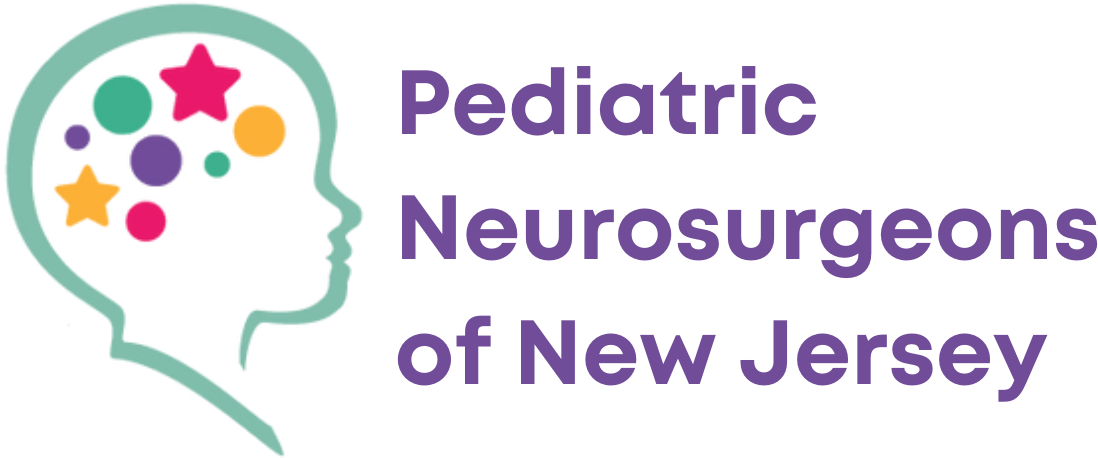Pediatric central and peripheral nervous system tumors are a group of rare but serious conditions affecting the brain, spinal cord, and peripheral nerves in children. These tumors can present unique challenges due to the developing nervous system in young patients. Our dedicated team at Pediatric Neurosurgeons of New Jersey specializing in spine tumor surgery Bergen County, led by Dr. Tim Vogel, offers compassionate care to provide the best possible outcomes for children and their families.
The Anatomy of the Central Nervous System (CNS)
The CNS consists of the brain and spinal cord, serving as the command center for the body’s functions. Pediatric brain tumors can originate in various parts of the brain, such as the cerebrum, cerebellum, or brainstem, each carrying distinct functions. Tumors in these regions can affect cognitive, motor, and sensory abilities. Spinal cord tumors can also arise along the length of the spine, which can affect motor skills and sensory functions.

The Anatomy of the Peripheral Nervous System (PNS)
The PNS comprises the nerves that extend from the spinal cord to the rest of the body, connecting the CNS to organs, muscles, and limbs. Pediatric peripheral nerve tumors can affect any part of this intricate network, potentially causing pain, weakness, or altered sensation. The precise diagnosis and treatment of PNS tumors are vital, as early intervention can improve outcomes and the overall quality of life for young patients.
The Prevalence
CNS tumors represent the most common solid tumors in children, accounting for approximately 26% of all childhood cancers. While brain tumors are usually diagnosed between the ages of three and eight, and 60% of brain and spine tumors are diagnosed before 10, they can happen at any age. Furthermore, pediatric brain tumors are more common in males than females, but it’s not entirely understood why. Some of these instances may require spine tumor surgery in Bergen County.
Risk Factors for Pediatric Brain & Spine Tumors:
- Family history of brain or spine tumors.
- Genetic syndromes, such as neurofibromatosis, Turcot syndrome, or Li-Fraumeni syndrome.
- Exposure to ionizing radiation, especially at a young age.
- Certain immune system disorders or conditions that weaken the immune system.
- Gender, with some tumors being more common in males.
- Exposure to certain environmental toxins or chemicals.
- History of radiation therapy or chemotherapy for previous cancers.

The Symptoms
Symptoms of pediatric central nervous system (CNS) and peripheral nervous system (PNS) tumors can vary widely depending on the tumor’s location, size, and type. Recognizing these signs is crucial for early diagnosis and intervention.
Symptoms of Central Nervous System Tumors:
- Frequent and severe headaches, often accompanied by vomiting.
- Changes in vision, including double vision or unexplained vision loss.
- Seizures, especially if they develop suddenly or increase in frequency.
- Behavioral changes, such as personality shifts or mood swings.
- Difficulty walking, balancing, or coordination problems.
- Weakness or paralysis in the limbs.
- Cognitive changes, such as memory problems or declining school performance.
- Nausea and vomiting unrelated to other illnesses.
- Changes in appetite or weight loss.
Symptoms of
Peripheral Nervous System Tumors:
- Localized pain or discomfort, often near the tumor site.
- Weakness in specific muscles or muscle groups.
- Numbness or tingling sensations in the affected area.
- Difficulty with fine motor skills or coordination.
- Visible lumps or masses under the skin.
- Changes in skin color or texture in the tumor area.
- Impaired reflexes in the affected limb or body part.
- Loss of muscle control or function.
- Unexplained and persistent discomfort or pain in the extremities.
These symptoms can be subtle or pronounced and may come and go. If you notice any of these signs in your child, especially if they persist or worsen over time, please seek prompt medical evaluation by a pediatric neurosurgeon or contact Dr. Vogel. Early detection and intervention which can include spine tumor surgery in Bergen County can significantly improve the prognosis for children with CNS and PNS tumors.
The Diagnosis
Diagnosing pediatric central and peripheral nervous system tumors requires a comprehensive approach. Typically, the process involves a combination of medical evaluation, imaging studies like MRI and CT scans, and sometimes, biopsy. These procedures help identify the tumor’s location, size, type, and potential impact on the nervous system. Dr. Vogel ensures the early and accurate diagnosis of the condition to formulate effective treatment plans and provide the best possible care for young patients.
The Treatment
The treatment for pediatric central and peripheral nervous system tumors is tailored to each child’s specific condition and needs. It may include surgery to remove the tumor, radiation therapy, chemotherapy, targeted therapies, or a combination of these approaches. The goal is to achieve the best possible outcome while minimizing potential side effects. Our team at Pediatric Neurosurgeons of New Jersey, led by Dr. Tim Vogel, is dedicated to providing compassionate, multidisciplinary care and supporting families throughout the journey.
Schedule Your Consultation
Pediatric Neurosurgeons of New Jersey is committed to providing exceptional care for your child. Led by Dr. Tim Vogel, an internationally recognized, board-certified expert in pediatric neurosurgery including, spine tumor surgery in Bergen County, our team is here to provide compassionate, expedient care. If your child exhibits symptoms associated with brain or spine tumors or has received a diagnosis from another specialist, please contact us promptly. We offer same-day/next-day visits, so we encourage you to schedule your consultation at the earliest.

